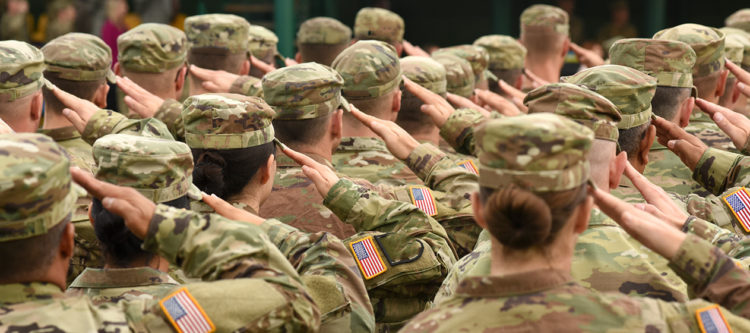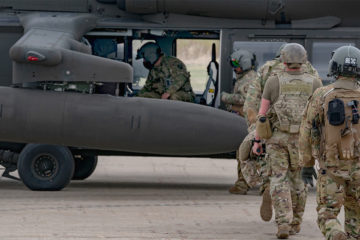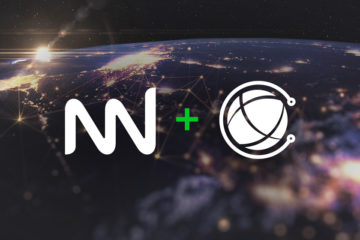The truly disruptive role of mobile mesh networking in off-grid comms

While the merits of some newer technologies – from social media to video conferencing – might be debated, the concept of new technologies or advancements is usually to make life easier, better, or more convenient. New, disruptive technologies offer a solution to a challenge that people or organizations face, or they function to simplify or streamline existing processes or procedures and make them better.
Mapping is an evolutionary example of a disruptor – having evolved from atlases, to paper maps bought at gas stations, to turn-by-turn and step-by-step directions available via an app on our mobile devices. Each step in that evolution made finding our way easier, more convenient, and more accessible. And the same thing can be said for mobile mesh networking.
The traditional voice radio is the comms solution that tactical operators – including law enforcement, first responders, and military personnel – have relied upon for decades. This solution has mostly met their needs but is limited to line-of-site and only enables one type of communication and capability – voice communications.
For many tactical operators, cell phones and other mobile devices are starting to overtake voice radios as their primary form of communication. They enable multiple forms of communication – voice, text, and video. They also deliver other advanced apps and capabilities that voice radios do not. But mobile devices can’t function without a network – which can be unavailable in off-grid, austere environments.
This is where mobile mesh networking has filled an important need and requirement. Mobile mesh enables the creation of an ad-hoc network that can deliver text communications and situational awareness to tactical operators across law enforcement, emergency response organizations, and the military. This provides basic communications and situational awareness capabilities when voice radios are inadequate, or when mobile networks are denied or unavailable.
The benefits that mobile mesh can deliver in theater are truly exceptional.
The goTenna team recently interviewed some of their many veterans and retired military coworkers about their deployments and jobs in the military would have been different if mobile mesh networking existed. In some cases, they said that mobile mesh would have helped solve the challenges that line-of-sight communications created. This sentiment was shared by goTenna’s Luke Stewart, a former U.S. Army Fire Artillery Officer, who said:
“All of [our] communication relied on line-of-sight technology. Utilizing goTenna would have allowed me to make a mesh network and rather than leaving individuals in advantageous positions where they could potentially be observed, I could have left equipment.”
Other interview subjects explained that the situational awareness that is enabled by mobile mesh could have improved the safety of their teams, and given everyone a better, clearer picture of the environment in which they were operating. As goTenna’s Corey Conwell, a former U.S. Army Forward Observer, explained:
“My job involved overwatch…so having a common operating picture and being able to see people on the ground in real time – where they’re at – and communicate with them would have been game-changing.”
This Thanksgiving season, all of us at goTenna are thankful for the disruptive technologies that have made our lives easier and more convenient. We’re particularly thankful to be delivering a “game-changing” communications solution that is making tactical operators safer, more connected, and better informed.
To learn more about how goTenna’s veteran workforce thinks their deployments would have changed for the better with a mobile mesh networking radio in their pockets, click “PLAY” on the video below:







No Comment